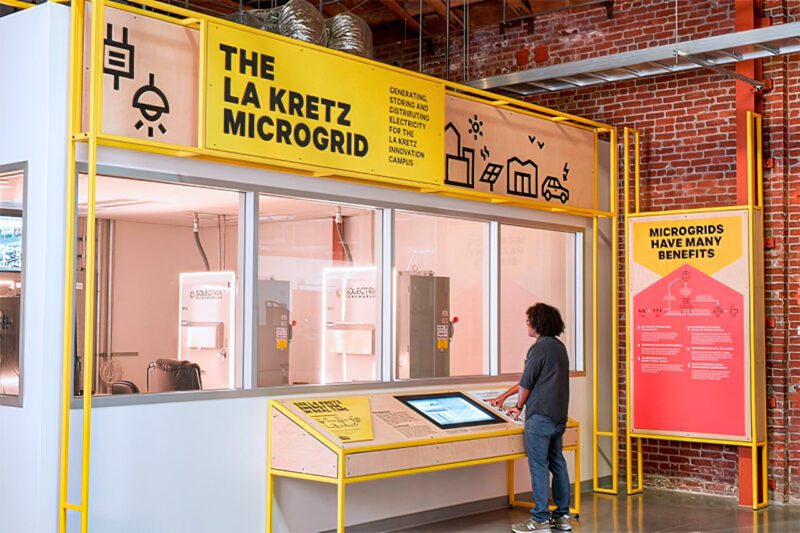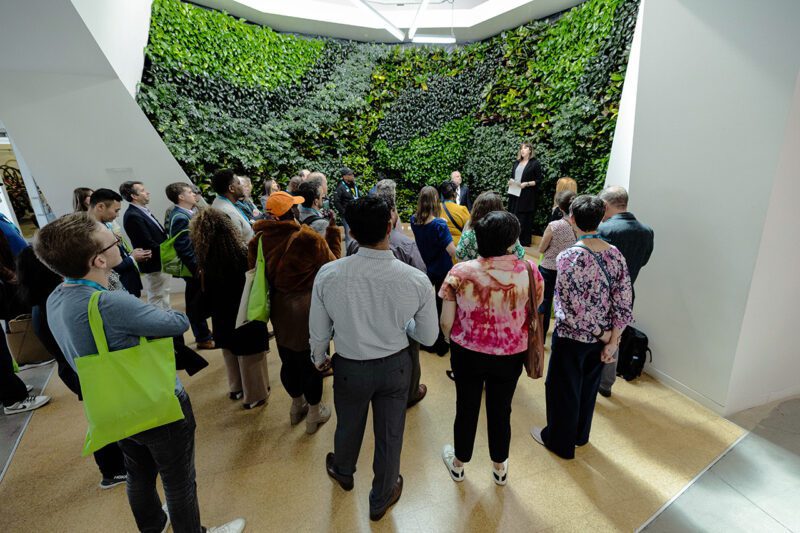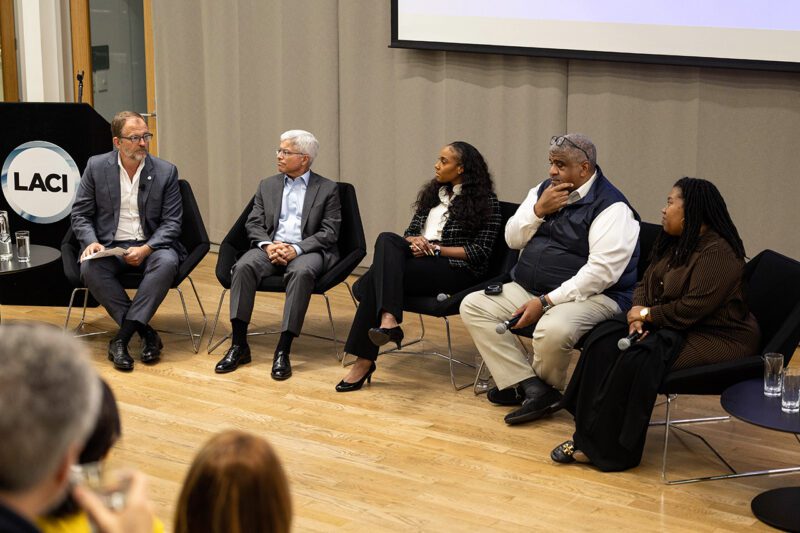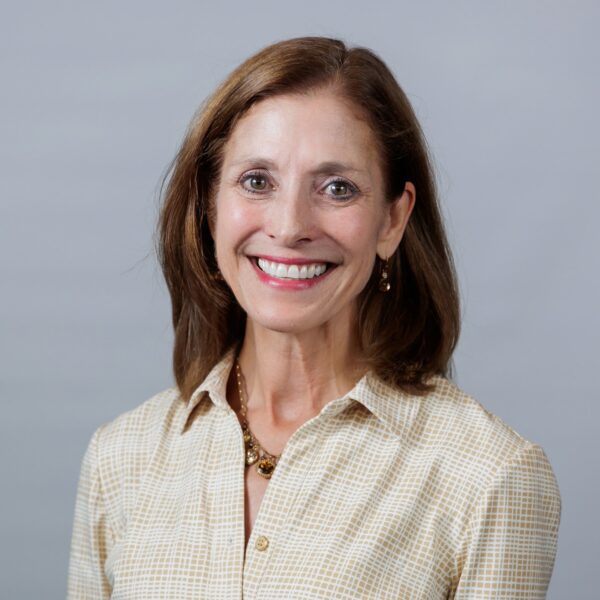AI Powers Regenerative Farming Solutions in Thailand
Living Roots revives degraded land through precision agriculture
A model public-private partnership driving innovation and equity in sustainability

Photo courtesy of of Angel City Advisors
Achieving systems change requires the alignment and investment of a diverse group of stakeholders. With a population of 18 million and a GDP exceeding $1 trillion, the Los Angeles area faces a significant challenge in transitioning to clean energy. The Los Angeles Cleantech Incubator (LACI), a unique public-private partnership focused on the greater LA region, is addressing this challenge by uniting the public sector, consumers, and startups to drive change in three key areas: accelerating transportation electrification, advancing clean energy, and promoting sustainable cities. In May 2024, the Mission Investors Exchange hosted an Impact in Action session, highlighting how LACI is bringing together diverse stakeholders to drive systems change in the region.
The session began with remarks from Daniel Tellalian, founder of Angel City Advisors and a board member of LACI. He emphasized the complexity of climate impact adaptation, stating, “This is not a challenge that can be outsourced to the government or solved solely through philanthropy. Nor is it an issue we can simply innovate our way out of. It will require everyone—across multiple stakeholders and sectors—working together in high-collaboration partnerships to make meaningful progress. This demands not only a diverse range of capital inputs, both financial and intellectual, but also the involvement of intermediaries capable of bringing these resources together to create impactful outcomes”.

The La Kretz Innovation Center is powered by a microgrid, the first of its kind in Los Angeles.
Tellalian views LACI as ‘a ground zero for innovation.’ The organization’s mission is to create an inclusive green economy, with startup incubation at its core. LACI’s strategy is built on three pillars: first, driving market transformation in the region and beyond by fostering public-private partnerships around shared challenges and influencing policy development; second, enhancing community impact, particularly in underserved and minority communities. This is achieved through workforce training programs, community-benefiting pilot projects, direct impact investments (with 30-40% of investor funds going to women and Black/Brown founders), and a cleantech debt fund that provides working capital without requiring a personal guarantee.
LACI was founded through a unique partnership between the City of Los Angeles and the Department of Water and Power. What sets LACI apart is its approach: it begins with the needs of the public sector and seeks out startups and programs that directly address these challenges. For startups, this provides direct access to pilot customers, while the public sector benefits from a steady pipeline of innovators focused on solving their most pressing sustainability challenges. Today, LACI’s network has expanded to include 150 entities, encompassing government agencies, corporations, utilities, academic institutions, community organizations, and other nonprofits.

Attendees of MIE’s Impact in Action session ‘Accelerating Investing in Clean Technology through Public-Private Partnerships’ receive a tour of the LACI’s La Kretz Innovation Center.
For startups, these connections are invaluable. Evette Ellis, Co-Founder and Chief People Officer at ChargerHelp!, remarked, “LACI provided us with a network that many founders don’t typically have access to. It’s not just about funding; it’s also about the opportunities that founders—particularly founders of color—often lack. LACI offers not only the knowledge but also the connections to the people who can truly help grow businesses”.
LACI receives support from philanthropic foundations, including the Eli and Edythe Broad Foundation, which shares LACI’s vision of a Los Angeles where everyone has the opportunity to shape and participate in a sustainable, equitable economy that serves the public good and fosters a brighter future. During the pandemic, the Broad Foundation began to evaluate its investments through an inclusive lens, with a particular focus on marginalized communities.
Porsha Cropper, Senior Program Officer at the Broad Foundation, emphasized the importance of inclusivity in the clean energy transition, stating, “As we move forward with clean energy investments, we must ensure that our communities are not left behind, as has happened in past transitions. We need to focus on creating opportunities for business growth and job creation, ensuring that our strategy links education to pathways toward good jobs”. She highlighted the critical role of intermediaries and conveners who bring together employers, educational systems, government, and businesses to tackle these complex challenges and bolster the small business ecosystem.

Panelists discuss their experiences driving climate innovation and commercialization of cleantech solutions. (From left to right: Matt Petersen, President & CEO of LACI, Pedro Pizarro, President and Chief Executive Officer at Edison International, Dr. Porsha Cropper, Senior Program Officer, The Eli and Edythe Broad Foundation, Jim Casselberry, CEO and Co-Founder, Known Holdings and LACI Board Chair, Evette Ellis, Co-Founder and Chief People Officer, ChargerHelp!)
LACI’s primary focus is on the clean energy transition, a massive challenge given the scale of decarbonizing the region and the state of California. One of LACI’s key partners is Edison International, the parent company of Southern California Edison, one of the nation’s largest electric utilities, serving 15 million people across Southern California. Pedro Pizarro, President and CEO of Edison International, explained that for California to reach net zero, it will require tripling the amount of renewables on the grid, expanding the transmission grid at four times the historical rate, and building lower voltage transmission at ten times the usual rate. He noted that certain sectors, such as long-haul heavy-duty transport and high thermal input industrial processes, will be more difficult to electrify, making emission reductions and some level of carbon sequestration essential to achieving complete net zero.
Los Angeles is set to take the global stage as the host city for three major events: the Super Bowl in 2027, the World Cup in 2026, and the Olympics in 2028. The panelists agreed that this global spotlight offers a unique opportunity for city leaders to push toward their ambitious clean energy targets. From electrifying buses to helping youth access clean energy jobs, the city can leverage infrastructure investments and increased attention to drive sustainable choices. Frontline organizations like LACI will be instrumental in guiding the city to ‘meet the moment’ and ensure that the impact extends not just to the Olympics but for the next 20 to 30 years.
Impact Entrepreneur Interview with Daniel Tellalian of Angel City Advisors.
Related Content
Comments
Deep Dives
RECENT
Editor's Picks
Webinars

Featuring
Elizabeth Boggs Davidsen
CEO of GSG Impact
May 8 - 12:00 PM EST
News & Events
Subscribe to our newsletter to receive updates about new Magazine content and upcoming webinars, deep dives, and events.
Become a Premium Member to access the full library of webinars and deep dives, exclusive membership portal, member directory, message board, and curated live chats.
At Impact Entrepreneur, we champion fearless, independent journalism and education, spotlighting the inspiring changemakers building the Impact Economy. Diversity, equity, sustainability, and democracy face unprecedented threats from misinformation, powerful interests, and systemic inequities.
We believe a sustainable and equitable future is possible—but we can't achieve it without your help. Our independent voice depends entirely on support from changemakers like you.
Please step up today. Your donation—no matter the size—ensures we continue delivering impactful journalism and education that push boundaries and hold power accountable.
Join us in protecting what truly matters. It only takes a minute to make a real difference.
0 Comments